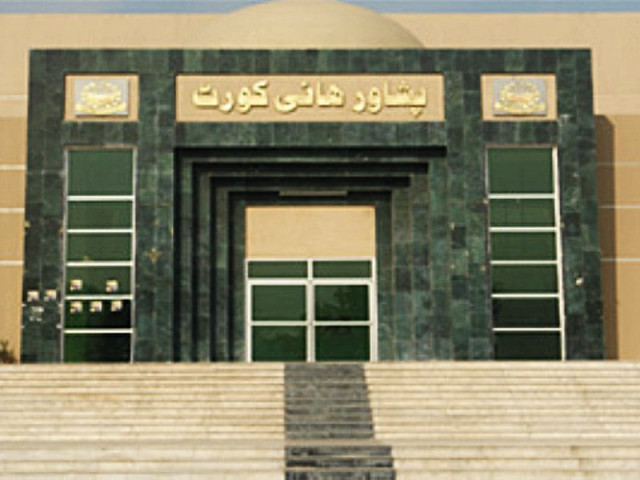PHC orders swearing in of newly-notified K-P lawmakers
Bench allows petitions of opposition MPAs elected on reserved seats

The Peshawar High Court (PHC) ordered on Wednesday for administering oath to the newly-notified members of the Khyber-Pakhtunkhwa (K-P) assembly on the reserved seats for women and non-Muslims, belonging to the opposition parties.
A two-member division bench, comprising Justice SM Atiq Shah and Justice Shakeel Ahmed, allowed the petition filed by the newly-notified lawmakers from the Pakistan Peoples Party (PPP), the Pakistan Muslim League-Nawaz (PML-N) and the Jamiat Ulema-e-Islam-Fazl (JUI-F).
Earlier, the bench heard the arguments from both sides. The petitioners contended that the provincial assembly speaker was not administering the oath to them. However, the lawyer for the speaker contested that claim, saying that it was not the case.
The issue stemmed from the allocation of the reserved seats to the opposition parties, instead of the ruling Sunni Ittehad Council (SIC), which had gathered the Pakistan Tehreek-e-Insaf (PTI)-backed independents. The SIC said that those seats were its right as per its strength in the assembly.
However, the Election Commission of Pakistan (ECP) had declined to allocated the reserved seats to the SIC because it had not applied for such allocation, nor it provided its priority list to the ECP before the February 8 polls, which is mandatory under the election laws. The PHC has also upheld the ECP decision.
Consequently, those seats were allocated to other parties in the house as per their priority lists. The opposition alleged that the speaker was delaying the oath to the new members to prevent them from voting for the opposition candidates in the upcoming Senate elections, scheduled for April 2.
Earlier, this month, K-P Governor Haji Ghulam Ali had summoned the assembly session on March 22 using his special powers under Article 109 of the Constitution to administer the oath to the new members. However, the speaker did not hold the session.
During the hearing on Wednesday, the bench asked whether the governor could summon the session. Advocate General Shah Faisal Utmankhel said that when the chief minister was not present or there was no-confidence motion against him, the governor could convene the session under Article 109.
He emphasised that Article 109 should be read with Article 105. On that Justice Shakeel Ahmed remarked the Article 109 did not use the words subject to any other article of the Constitution. He said that the members, who had been notified, had the right to be sworn in.
After hearing the lengthy arguments from both sides, the bench reserved its ruling, which was pronounced later in the day. The court ordered that the members elected on the reserved seats be administered the oath.



















COMMENTS
Comments are moderated and generally will be posted if they are on-topic and not abusive.
For more information, please see our Comments FAQ